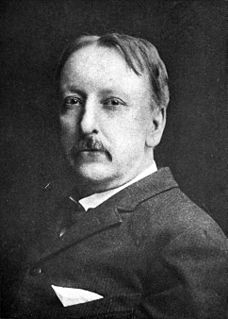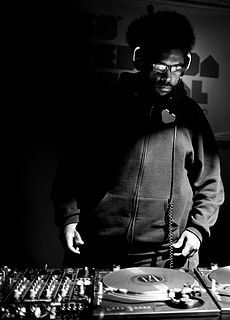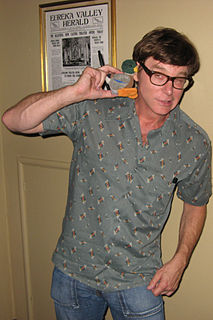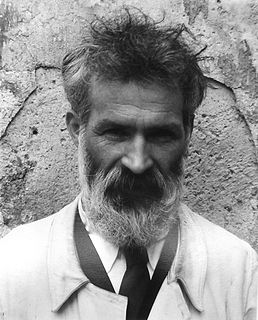A Quote by Auguste Rodin
There is a continual exchange of ideas between all minds of a generation. Journalists, popular novelists, illustrators, and cartoonists adapt the truths discovered by the powerful intellects for the multitude. It is like a spiritual flood, like a gush that pours into multiple cascades until it forms the great moving sheet of water that stands for the mentality of a period.
Related Quotes
The popular masses are like water, and the army is like a fish. How then can it be said that when there is water, a fish will have difficulty in preserving its existence? An army which fails to maintain good discipline gets into opposition with the popular masses, and thus by its own action dries up the water.






































